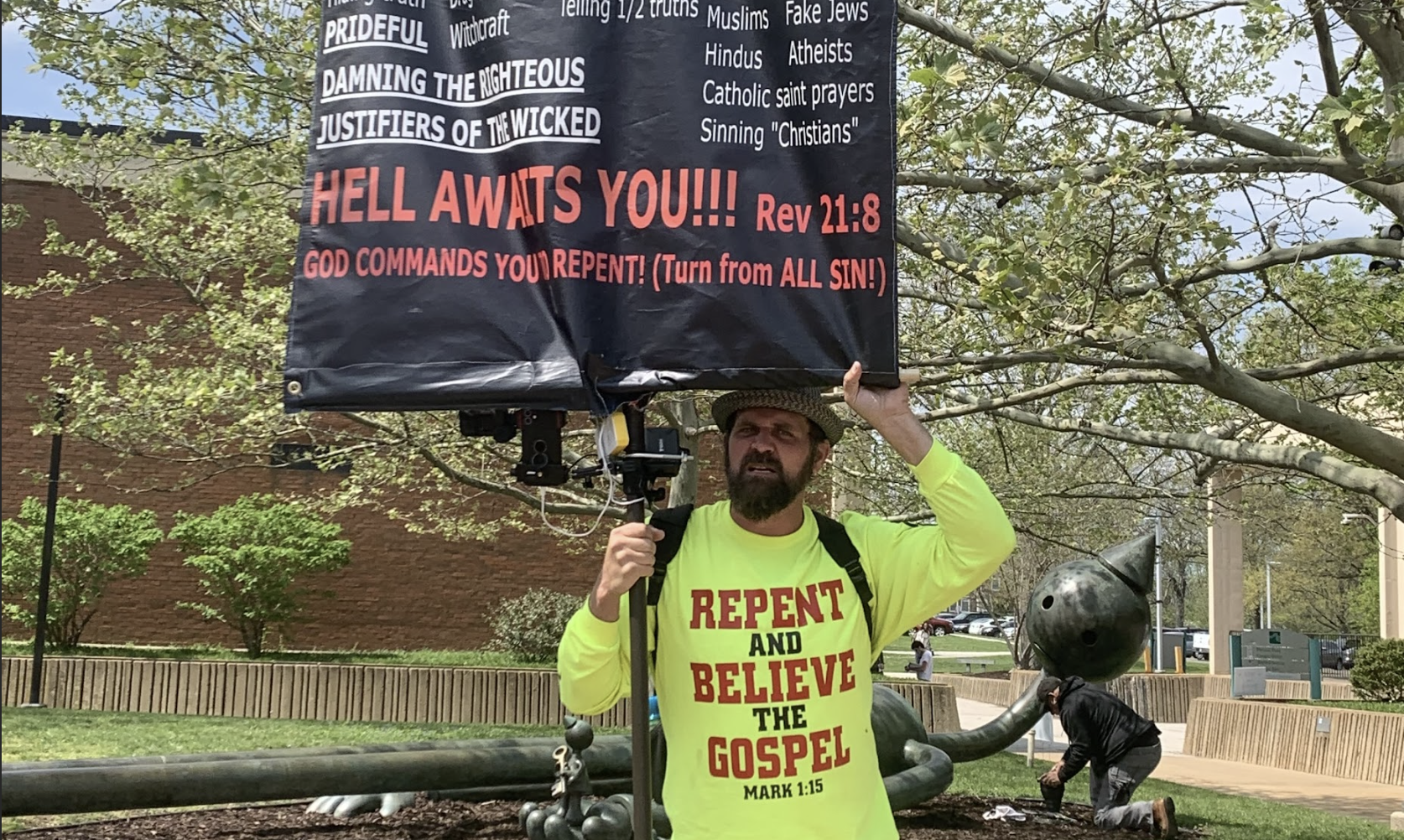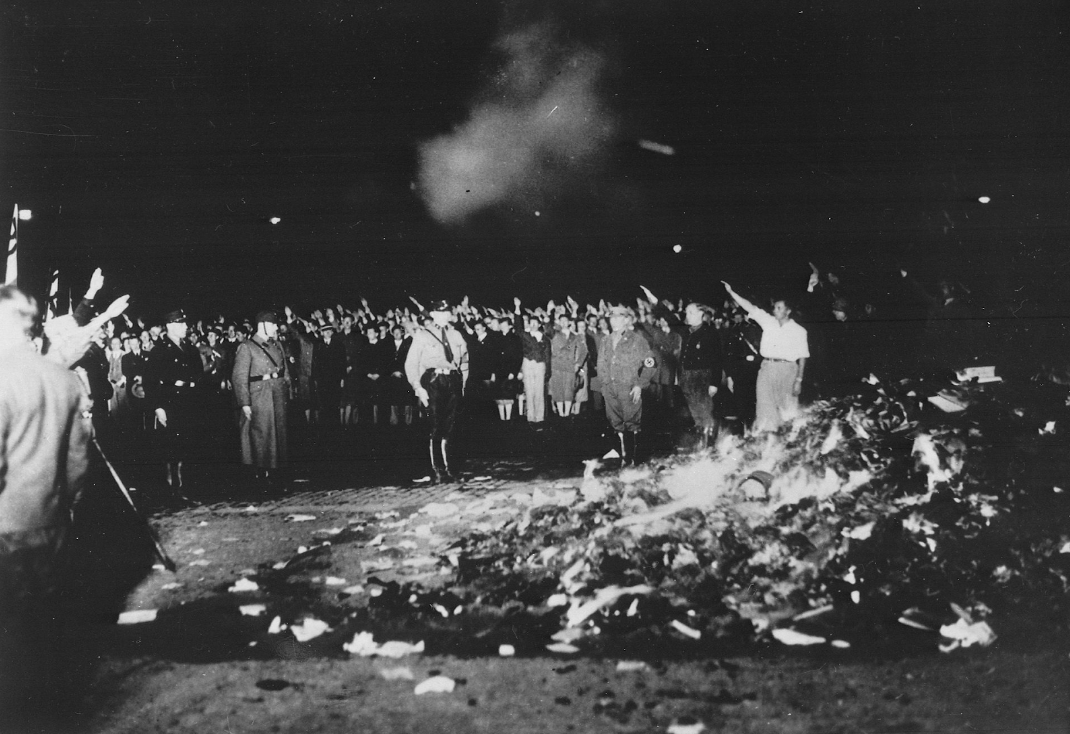Pop co-opts rock’s rebellion and sells it to us, naturally

Jarod Powell
-Staff Writer-
Witnessing the Internet generation’s war on authenticity makes it difficult for any self-respecting adult to defend, let alone be a fan of, any singer embraced by Ryan Seacrest and his Top 40 monolith. It has always been the listener’s job to distinguish between the real and the fake. Music is a multi-faceted product we are being sold, after all. The industry, from the beginning, took on the role of manufacturing a lifestyle –sometimes taking cues from established trends and sometimes pushing to create them.
In the past decade, the trend of self-referential cheekiness has made its way into music. In lieu of making an artistic statement, many artists now simply dilute the provocative nature of rock, pair it with post-disco beats, spray on some live theatrics and sell it. Pop has now become a parody of rock. This year’s two main musical events have sparked enough faux-outrage to hold us for the rest of the year.
The Grammy Awards have never been considered cool by anyone under 40. It is a music industry institution: part celebration of the Recording Academy’s yearly achievements, part media conglomerate self-aggrandizing ritual. It is where shameless album promotion and credibility awkwardly meet one night a year, agreeing to put their differences aside for the kids, both performers and audience. Those two things culminated painfully loud when Nicki Minaj took the stage.
In a performance that could be described as clumsy, forced and incoherent, it sure seemed to have one clear purpose: To make the heads of the Parents Television Council and the Catholic League explode at once.
There was an exorcism of Minaj’s alter-ego “Roman Zolanksi”. There were scantily-clad backup dancers dressed as alter boys, performing mock sex acts on what one can only assume were strippers. There was the pointedly ornery rendition of “O Come, All Ye Faithful” in the middle of the song. Of course, there was the questionable song choice itself, the self-consciously weird “Roman Holiday”, a track off of Minaj’s new album, which is not even scheduled for release as a single. In a word, the performance was a mess.
It is understandable why she did it. On paper, it is a perfect mash-up of “shocking” themes, condensed into one performance from one of the world’s biggest pop stars, to drop your jaw. As we know by now, nothing gets “family-focused” groups more riled, or excites the kids, quite like subversive religious imagery.
It is quite a blunder for Minaj, if she wants to be taken seriously. But we have finally reached the point where a star’s breakout performance, their coming out party, has to invoke canned outrage. It is now a requirement. And you can blame, at least partly, the PTC, an organization that is sustained entirely by canned outrage.
Ever since Janet Jackson’s little “mishap” during the 2004 Super Bowl halftime show, thanks in part to the PTC –the organization has been a major player in cultivating pop stars’ “edginess”, deluging the Federal Communications Commision with thousands of complaints every time a pop star is seen on network television doing something naughty on stage. It is not only expected, it is almost obligatory. The PTC is such a powerful presence in pop culture, and such a laughingstock, that one starts to wonder if they are an entertainment industry cog. They have, in a strange way, become a rite of passage for whatever singer is our current entertainment industry MVP.
Take this year’s other elicitor of conservative outrage: British rapper M.I.A.’s bird-flip during Madonna’s Super Bowl halftime performance. It was a split-second moment that most people, including Madonna herself, did not notice when it happened. Madonna frowned in disapproval on Ryan Seacrest’s talk show (a staggeringly hilarious hypocrisy on its own), the NFL and NBC both blamed each other and M.I.A. essentially shrugged her shoulders and blamed “nerves and adrenaline”.
It is easy to assume the whole thing was orchestrated with a smirk, everyone involved knowing exactly what comes next. The PTC issued their stock press release, writers scrambled to form some half-baked opinion on the matter, and everyone else failed to truly care for more than a few days. But with that split-second gesture, M.I.A. went from that chick who sang that song from the “Pineapple Express” soundtrack, to the artist who managed to offend Madonna and flip off one of the biggest nights in the music industry.
This puerile portrayal of “edginess” is really not unique to modern pop. Rock ‘n roll, one could convincingly argue, was landmarked by the salacious hip-swivels of Elvis, rather than his music. What has always been so hard for a 20-something to outwardly enjoy about modern pop is the ubiquitous gloss that covers every inch of album art, every frame of a music video, every step in a live performance –a heightened portrayal of glamor that a teen can appreciate, but an adult can see through. Invoking a rant about pop music’s sexual and moral decline from the adults is now expected of every female pop star, as their initiation onto the top tier. The gloss is still there, however.
It is possibly a pointless exercise to concern oneself with pop authenticity. It seems the trend has spoken, as it always does, and the phony outrage is just another element in a big, bloated theater of sheep. In the 21st century, irony and earnestness have converged into one big shriek of static. They are increasingly difficult to separate.
We all know those bratty internet commenters are right about inauthenticity in music. It is very hard to care, however, when the industry seems eager to let us in on the joke. The problem is that when they are all jokers, the punch line becomes elusive.











